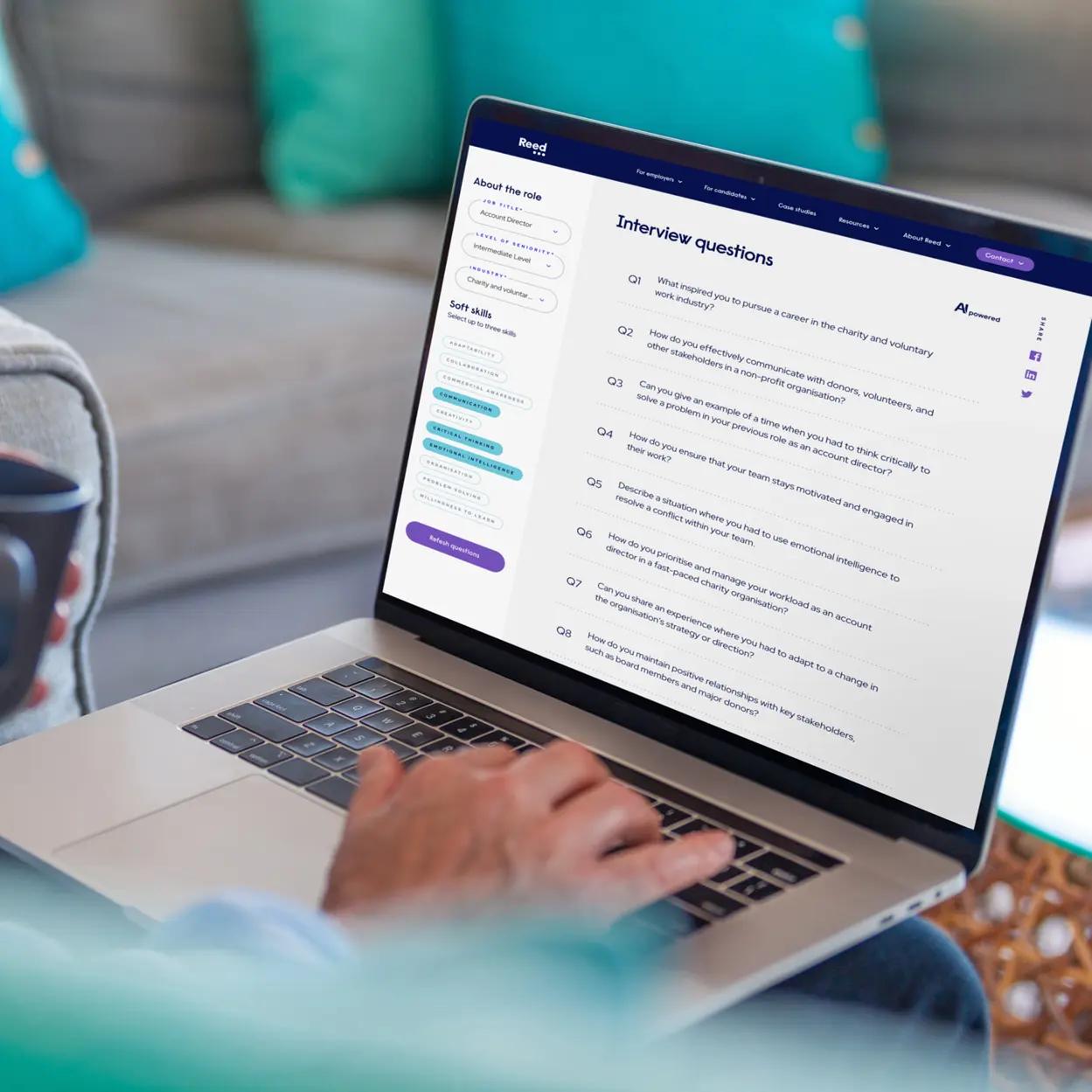As most professionals have an understanding of how the economy has been impacted by Covid-19, many in the sector have a pessimistic view of the state of play. This is even though the accountancy and finance practice sector is one of the most stable areas of the economy.
As a result of the stability, many professionals are returning to practices from in-house roles. However, despite this flow of workers from industry, the market is still candidate-short, making it an extremely competitive landscape for firms looking to recruit.
Practices are interested in candidates who have been with their current company or previous companies for a considerable amount of time. It shows loyalty, which is much needed in the current climate. However, many of these types of candidates are reluctant to move at the moment, instead preferring stability with their current employer.
In-demand roles and skills at accountancy practices
As always, those professionals with experience in tax or auditing are highly sought after, with firms continuing to face difficulties finding strong candidates in these areas. We have also seen in an increase in firms looking for accounts seniors or accounts assistants.
Candidates looking for entry level roles are in very high demand, with many firms seeking to train people who are looking to study for an ACA or ACCA qualification or have some basic practice experience. Again, practices are hoping that investing in candidates early in their career will help to build loyalty, with high-quality employees providing an excellent return on this initial investment. Given the scarcity of candidates in certain areas, it is no surprise to see practices seek to recruit entry level employees who they can mould to fill skills gaps.
Accountancy and finance practice salaries and benefits
The candidate-driven market means that employers are willing to pay a little more for experienced practitioners where candidates are scarce. Use the salary bands listed in the Accountancy & Finance Practice Salary Guide to understand what the market rate is for jobs in your region.
When it comes to benefits, the pandemic has revolutionised the use of remote and flexible working in the sector. Accountancy firms were not very proactive on flexible and remote working prior to Covid-19, but employees and candidates will now expect it as standard.
While some businesses are still somewhat reluctant to implement this way of working full time, many are more open to it now – this will only benefit them in the candidate-short market, allowing employers to widen their search by eliminating geographical boundaries.
Offering remote working will greatly improve a practice’s chances of hiring the right candidates. Having flexible working options is one of the most attractive benefits to offer professionals right now. If a firm does not offer this, it could have a big impact on whether they are able to secure the best prospects available.
Practices should also consider extending holiday entitlement, increasing pension contributions, and introducing performance bonuses to help their offering stand out against their competitors. Many firms will already offer a basic salary and an additional benefit, such as a study package, but by tweaking things slightly, practices can have a much more appealing offering.
Accountancy and finance practice regional salary insights
Reed’s 2021 Accountancy & Finance Practice Salary Guide helps you to benchmark salaries for some of the most popular roles in the sector, helping organisations to pay the market rate and professionals to know their worth. Here are some of the key highlights:
In Greater London, audit and assurance specialists at director/partner level can earn up to £185,000, with salaries for specialists at this level seniority starting at £80,000.
Newly qualified seniors can earn between £38,000 and £44,000 for personal tax roles in the South East, with those figures rising to £40,000 and £50,000 for those specialising in corporate and indirect tax.
A first year ACA, ACCA, or CA trainee in Wales can earn between £18,000 and £22,000 in corporate finance roles, which rises to between £20,000 and £24,000 when they achieve part-qualified status.
Forensics and investigations specialist at manager level in the North East can earn anywhere between £50,000 and £60,000. This rises to between £65,000 and £80,000 at senior manager level.
For more information on what you could be earning, or the salaries you should be paying, download Reed's free accountancy & finance Practice 2025 salary guide now. The guide contains insight and salary data for the industry across the UK, and will help you make informed decisions in the year ahead.



